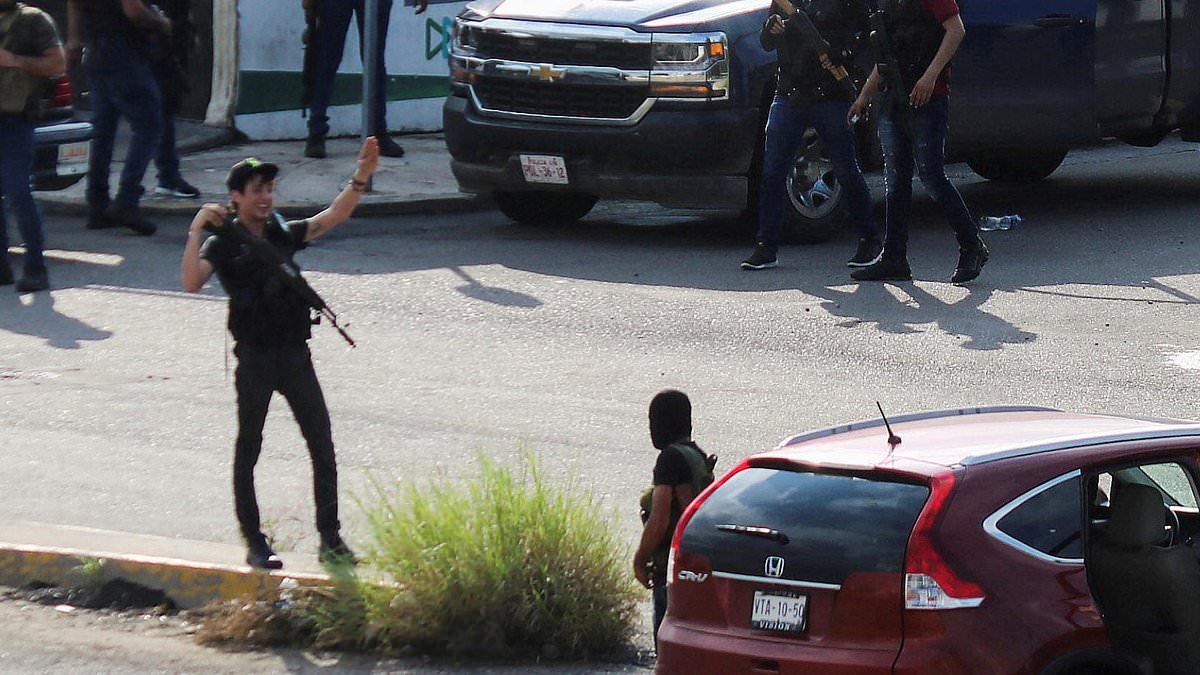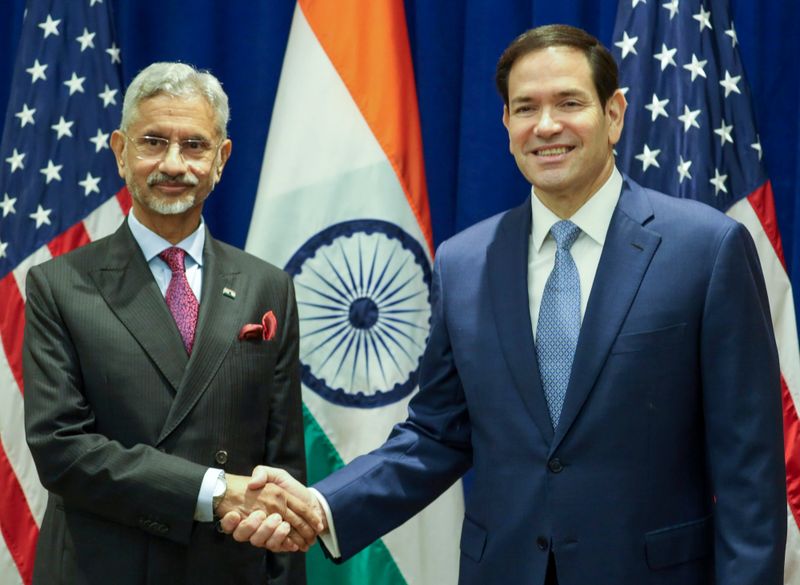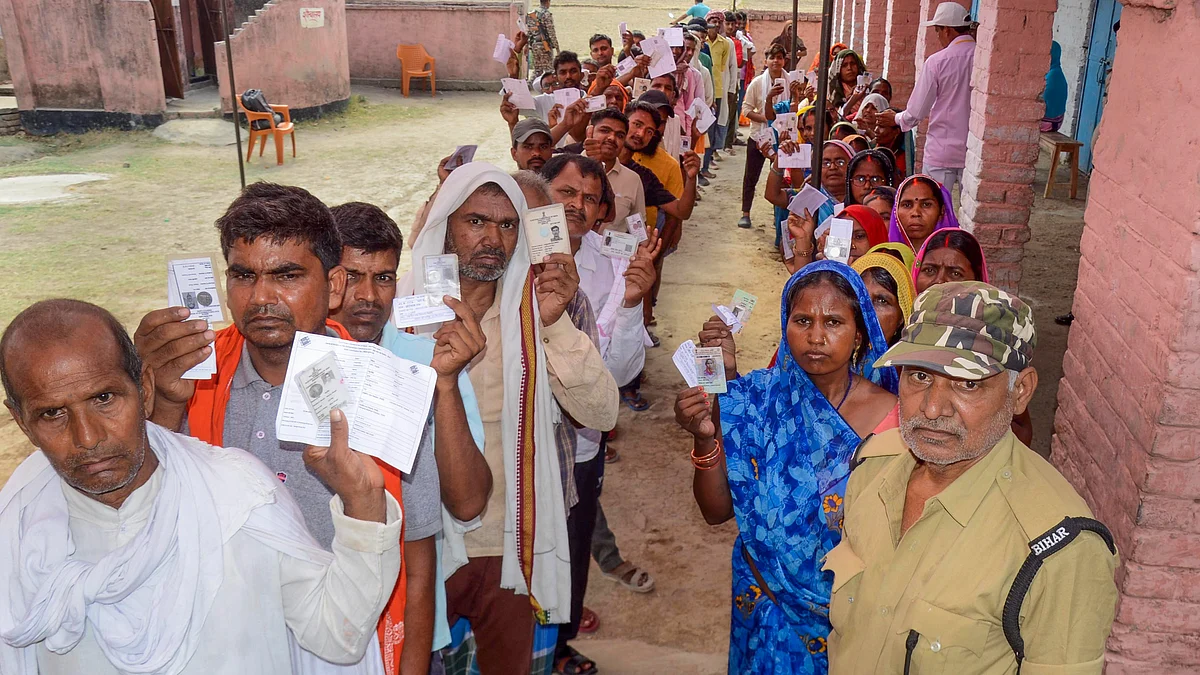Copyright dailymail

He went by many names — Brother Wang, Mr Haha, Mr T, even Nelson Mandela. But to American agents, Zhi Dong Zhang was one thing only: the face of the world's fentanyl empire. The 38-year-old Chinese national, wanted by both the US and Mexico, was snared in Cuba after one of the biggest manhunts in modern narcotics history. Zhang, who stands just over five foot seven, small and wiry with an unkempt look, has been accused of flooding the world with synthetic poison — and of laundering millions through a web of ghost companies, secret accounts and offshore havens. Investigators say Zhang ran a global network linking Chinese chemical suppliers to Mexico's most violent cartels — the Sinaloa Cartel and the Jalisco New Generation Cartel (CJNG). Both groups are now classified by Washington as foreign terrorist groups. The Mexican Attorney General's Office called him 'responsible for establishing connections with other cartels to transfer fentanyl from China to Central America, South America, Europe and the United States.' His empire spanned four continents, with luxury hideouts in Mexico City, Puerto Vallarta and Cancún. Between 2020 and 2021, the syndicate allegedly trafficked 1,800 kilos of fentanyl, 1,000 kilos of cocaine and 600 kilos of methamphetamine. In his coded communications, 'coffee' meant fentanyl. 'Food' meant cocaine. American prosecutors say Zhang laundered at least $20 million in drug profits in just two years. His network used 150 shell companies and 170 bank accounts, keeping transfers under $100,000 to stay below radar. The system had two halves. A Mexican cell gathered the cartel's cash. A Chinese cell cleaned it through US banks and offshore shells. Authorities say it was a criminal operation of staggering precision — part drug empire, part financial fortress. Zhang was first arrested in Mexico City in October 2024 on charges of drug trafficking, organized crime and money laundering. But months later, a Mexican judge released him to house arrest, a move that unleashed fury and allegations of corruption. In July 2025, Zhang vanished. He escaped through a tunnel dug beneath his residence, aided by a professional extraction team. President Claudia Sheinbaum promised a full inquiry. 'The Attorney General's Office is now investigating the guards and judicial officials assigned to protect him,' she said. The fugitive slipped out of Mexico under a false passport, travelling through Russia before surfacing in Cuba. There, in October 2025, he was finally cornered and captured by Cuban authorities, following an intelligence operation involving both the US DEA and Mexican agents. Zhang is now detained in Havana, interrogated by Cuban officials as Washington and Mexico wrangle over who gets him first. His capture comes as President Donald Trump unleashes the biggest US naval flotilla in decades across the Caribbean, part of what the White House calls a 'total war on drug trafficking.' The operation is meant to choke off the China-to-Mexico fentanyl pipeline, blamed for hundreds of thousands of American overdose deaths. Attorney General Pamela Bondi in September declared: 'We will not rest until we stop Chinese companies from shipping poison to our citizens and bring everyone involved in this lethal trade to swift, complete justice.' Zhang's downfall shines a harsh light on China's deep entanglement in America's opioid nightmare. For more than a decade, the issue has poisoned relations between Washington and Beijing. In early 2025, Trump made China's role in the fentanyl trade a central justification for new punitive tariffs, vowing to make Beijing pay for 'killing hundreds of thousands of our citizens.' Beijing insists it's doing its part. After a diplomatic thaw between President Xi Jinping and then-President Joe Biden in 2023, China banned several fentanyl precursors. But experts say production has simply moved elsewhere — to Myanmar and other corners of Southeast Asia, where ethnic Chinese gangs now run sprawling drug-processing labs, often with the blessing of corrupt local officials. The result: a trade that remains global, profitable, and largely out of reach. Zhang's arrest exposes the scale and sophistication of China's criminal underworld. These syndicates sit at the intersection of chemistry, finance and logistics — the perfect combination for modern drug smuggling. They exploit China's vast chemical industry, still considered the main source of fentanyl precursors. They have mastered money laundering, moving billions through shell firms and cryptocurrency accounts. And they enjoy privileged access to maritime ports — many owned or managed by Chinese companies — giving them control over shipping routes from Asia to Latin America. Analysts say this mix of chemical access, financial expertise and port control gives Chinese gangs an unmatched advantage in keeping America hooked. The US DEA says Zhang's empire is directly tied to America's deadliest drug epidemic: fentanyl is fifty times more potent than heroin and the country's leading cause of overdose deaths. The US and Mexico have increased pressure on Beijing to regulate chemical exports and curb trafficking. But China denies responsibility, calling drug abuse a 'domestic American problem' and claiming its anti-narcotics laws are among the strictest in the world. Meanwhile, fentanyl continues to pour north, killing Americans at a rate unseen in modern history. Zhang's case has deepened the mistrust between Washington and Beijing. It also embarrassed Mexico, where his escape from house arrest became a national scandal. Critics say the case exposes the fragility of Mexico's judicial system — and the ease with which drug money buys influence. His re-capture, however, has been hailed in both Mexico City and Washington as a rare triumph of cooperation. Still, Cuba has yet to comment publicly, leaving open the question of whether Zhang will be extradited, deported or quietly sent back to China. Officials in Washington say Zhang's arrest is one of the most significant blows yet to the China-Mexico fentanyl network. The Trump administration bullishly maintains that 'global law enforcement can catch anyone, anywhere.' For Mexico, it is a chance to restore credibility after months of humiliation. For the US, it marks a symbolic victory in a war that has claimed more American lives than Vietnam, Iraq and Afghanistan combined. But for Beijing, it is another diplomatic storm — a reminder that its citizens and companies remain central to the trade in the world's most lethal drug. Zhang's fall comes as US warships patrol the Caribbean, intelligence planes sweep the Gulf, and special taskforces trace the web of chemicals, cash and crypto that sustain the global fentanyl trade. His case, officials say, captures the new face of 21st-century crime — a hybrid of cartels, corporations and computer networks stretching from Shanghai to Sinaloa. The Justice Department calls it 'a new phase of transnational enforcement' — one that blends criminal, diplomatic and military power. In the end, the arrest of Zhi Dong Zhang — Brother Wang, Mr Haha, the man who thought he was untouchable — may prove a defining moment in the global war on fentanyl. A battle that now stretches from the jungles of Myanmar to the streets of Miami. And, as President Trump's flotilla sails through the Caribbean, it is a war that the US says it cannot afford to lose.



